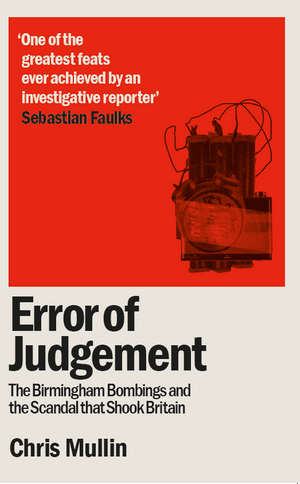Exploring the NUJ code of conduct
Protection of sources, accuracy and artificial intelligence were focal points in the NUJ Ethics council webinar.
Professor Chris Frost, NUJ Ethics council chair and member of honour welcomed attendees to the council’s first webinar of the year.
In good company on the evening, Frost was joined by NUJ president Natasha Hirst and former MP Chris Mullin, also an NUJ member of honour.
Delving into the origins of the code of conduct, Frost reminded attendees of the original code’s creation dating back decades to 1936. Protection of sources, freedom of expression were among principles outlined alongside several others journalists adhere to today.
Re-written in 1975 and 2007, this allowed for the introduction of a clause to protect children. Accuracy, resisting threats to distort, producing no material likely to lead to hatred or discrimination are among principles every NUJ member must adhere to as part of their membership.
Hirst, a freelance photographer shared her pride at being an NUJ member and of the approach to her work shaped by the NUJ code. “The code is something that sets our members apart because we have made an active commitment to ensure that our approach to our work, to our journalism whatever form it takes, is ethical.” she said.
Also chair of the Photographers’ Council, she highlighted that within photography, ethics arose time and time again. Referencing recent legislation including the National Security Act, attendees were reminded of efforts by the union to oppose laws that would restrict the ability of photographers to carry out their work and expose wrongdoing.
How are disabled people reported on in the media and what are their issues? Hirst reflected on negative and misleading reporting within some sectors of the industry, and its impact on affected audiences. “Words and images have a huge amount of influence” she said.
“The real-life impact on disabled people can mean interference with opportunities to access employment, leisure or education.”
The NUJ has been campaigning for many years for the inclusion of clauses preventing discrimination of groups of people in industry codes. Despite repeated efforts, the Independent Press Standards Organisation (IPSO) has not been receptive to NUJ engagement.
With an upcoming UK general election, ethical journalism is crucial. Hirst emphasised that an understanding of the NUJ code was important to ensure principles were built into journalists’ working practices daily.
Journalist and former MP Chris Mullin began his opening remarks with thanks to the NUJ for agreeing to support him in legal action brought by West Midlands Police under the Terrorism Act. “A fundamental principle was at stake” he said, referring to his commitment to protect sources responsible for the 1974 Birmingham pub bombings.
In 1986, after publishing his book Error of Judgment, Mullin found himself denounced, the subject of headlines including “loony MP backs bomb gang” and described by some as the most odious man in Britain.
A vigorous campaign launched by relatives of some of the bombing victims in 2018 led to an inquest and the subsequent West Midlands production order compelling Mullin to name one of the bombers.
Mullin said:
“It was an important issue because it was about protection of sources, it was focused particularly but not only on a statement I had taken form one of the bombers who was still alive. I had no difficulty in justifying what I did...had I not done so, it’s quite possible the Birmingham Six would still be in jail to this day.”
The West Midlands Serious Crime Squad with several of the officers who had obtained false confessions was disbanded, leading to the quashing of tens of convictions.
Mullin's victory at the Old Bailey in 2022 when judge Mark Lucraft ruled in his facour was welcomed by the NUJ and its membership. Although Mullin disagreed, Frost described his steadfast position as “a heroic stance” - a statement many other journalists will no doubt agree with.

Anew edition of Error of judgement will be published on 14 February.
Audience members explored key themes in further detail including questions on the work of the union on artificial intelligence. Frost noted the fast pace of developments and confirmed the NUJ would host a webinar on the topic in coming months. Photographing asylum seekers, protection of sources, agenda setting of news and the use of AI images in editorial highlighted the breadth of issues relevant to journalists.
